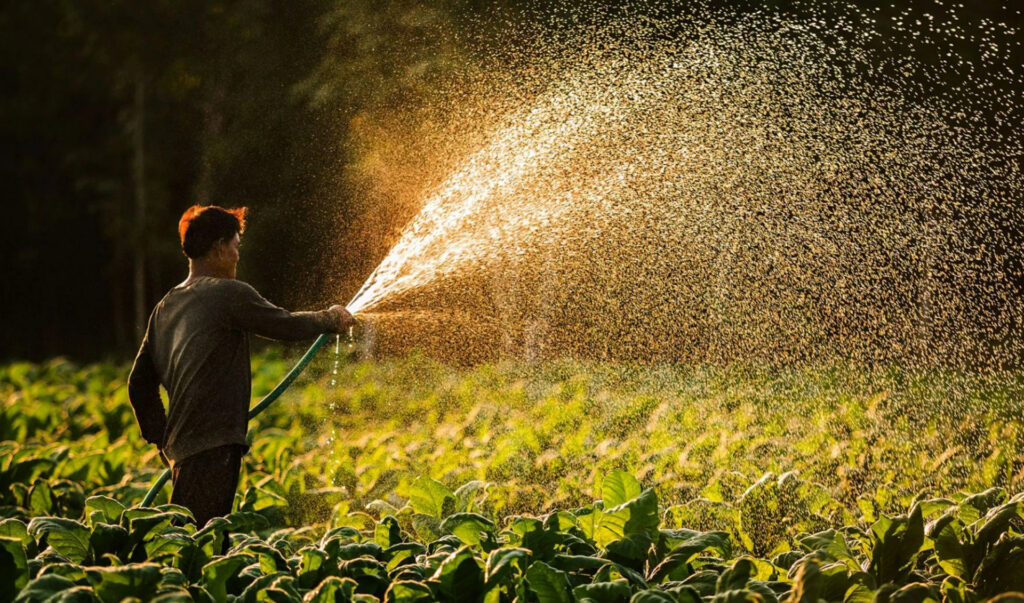What is a Modern Slavery Statement?
Modern slavery statements are a legal requirement for companies in many countries around the world. They are an important aspect of corporate commitments to ethical operations and communicating transparently about these commitments. Learn more about modern slavery statements and what they should include.
What is a modern slavery statement?
A modern slavery statement is a report required under legislation such as the Modern Slavery Acts in the United Kingdom, Australia and Canada. These modern slavery statements serve as a declaration of an organisation’s commitment to eradicating modern slavery from their activities, including in their supply chains, in these laws, “modern slavery” refers to all forms of this exploitation, including labour trafficking, forced labour and child labour.
These statements typically outline the commitments, policies and specific actions taken by an organisation to prevent and combat modern slavery, including due diligence processes, supplier assessments and training programmes. By making this information publicly available, businesses demonstrate their commitment to responsible sourcing and comply with legal requirements to be transparent about their efforts.
The importance of modern slavery statements
Modern slavery statements are designed to promote ethical business practices and encourage actions to prevent this exploitation. By requiring organisations to publicly disclose their efforts to address modern slavery, these statements enhance transparency and accountability. They are an important first step in businesses openly confirming their intentions to operate and source responsibly.
In order to outline their actions in a modern slavery statement, businesses need to have policies and carry out activities to address this issue. These processes form a core part of wider corporate sustainability and due diligence activities – for example, mapping a supply chain and conducting risk assessments for environmental and social concerns, including modern slavery risks.

Learn more about supply chain sustainability risk assessments.
Who needs a modern slavery statement, and what should they include?
The Modern Slavery Acts in UK, Canada, Australia each have unique requirements and implications for businesses that are based in, or operating in, these countries.
The UK’s Modern Slavery Act
This Act applies to companies that do business in the UK and have an annual turnover of £36 million or more. The current requirements for companies’ modern slavery statements include:
- Producing a statement annually, within six months of the company’s financial year ends.
- Publishing this statement on the company’s website.
- Either outlining what steps the company has taken during that year to address modern slavery risks, or stating that the company hasn’t taken any steps.
The UK’s Modern Slavery Act was the first of its kind globally, and so a landmark piece of legislation. However, the Act has also been criticised for not going far enough and the UK government has said the law will be updated – though the proposed changes haven’t yet been made into law.
Australia’s Modern Slavery Act
This Act applies to companies doing business in Australia with an annual turnover of AUS$100 million or more. Current requirements for modern slavery statements include:
- Producing a statement every year and submitting this to the Australian government’s Modern Slavery Statements Register, which is publicly accessible.
- Describing the company’s structure, operations and supply chain.
- Outlining the risks of modern slavery practices in the company’s operations and supply chain, including for its subsidiaries.
- Describing the actions taken to assess and address those modern slavery risks, including policies, training, due diligence processes and remediation activities.
- How the company assesses the effectiveness of their actions.
The Australian Act also commits the Australian government to providing its own modern slavery statement every year. Like the UK, the Australian government has also committed to updating the Modern Slavery Act – but changes are yet to become law.
Want to get the latest updates on Modern Slavery Acts and what changes to expect? Our Sedex Consulting team offers guidance, bespoke action plans and compliance-related support on these and other laws related to corporate sustainability.
Canada’s Fighting Against Forced Labour and Child Labour in Supply Chains Act
This law is the most recent and broadest of modern slavery-related legislation. While the Canadian law is specific to these two particular forms of modern slavery, it covers more organisations.
Applies to:
- Companies operating or selling in Canada that meet two or more thresholds – $20 million in assets, $40 million in annual revenue, or employing at least 250 people.
- Companies listed on Canada’s stock exchange.
- All Canadian government institutions.
Requirements include:
- Providing an annual report and making this publicly available, for example on a company website.
- Outlining the risks of forced or child labour in both the organisation’s own operations and its supply chain.
- Detailing their efforts to mitigate these forced and child labour risks, including policies, due diligence processes and actions taken to address identified concerns.
- How the company assesses the effectiveness of its approach.
You can learn more about Canada’s new modern slavery Act here.

Crafting a modern slavery statement to comply with multiple laws
Large companies operating in multiple countries may need to comply with more than one of these laws. Rather than creating three separate modern slavery statements, save time and effort by crafting one statement that satisfies the requirements of all three.
Outline the commitments, policies and procedures your organisation has in place to identify and mitigate the risks of modern slavery. This includes detailing the due diligence processes your company carries out to assess and manage these risks throughout your supply chain.
A comprehensive modern slavery statement should also include information on your company’s structure, its business activities, the countries or regions where it operates, and its supply chain. This context helps stakeholders understand the scope of your organisation’s operations and the potential risks of modern slavery within your industry and geographical reach.
Create compliant modern slavery statements with Sedex Consulting
If you need help creating your modern slavery statement, Sedex Consulting can support you with that. Our expert team can work with you to:
- Identify which modern slavery laws apply to your business.
- Identify other sustainability-related legislation and requirements relevant to your company.
- Develop and deliver a programme for modern slavery risk assessment, supply chain social and environmental due diligence, or other corporate sustainability goals.
- Craft a single modern slavery statement that meets the requirements of multiple laws.
Get in touch to supercharge your sustainability goals!





